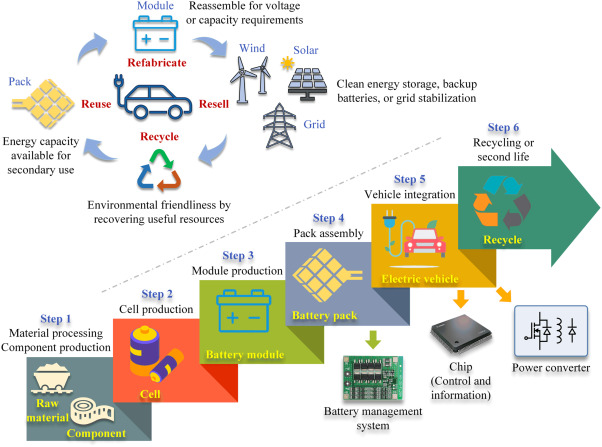Increase of Battery Efficiency in Electric Vehicles through Adaptive Health Check Status in Battery Management Systems
Keywords:
Electric Vehicles (EVs), Battery Efficiency, Health Check Status, State of Health (SOH), Adaptive Control, Early Fault Detection, Sustainability in TransportationAbstract
As the world transitions towards sustainable transportation, Electric Vehicles (EVs) have emerged as a promising solution. The heart of any EV is its battery pack, and ensuring the efficient operation and longevity of this critical component is paramount. This research explores the integration of a health check status within Battery Management Systems (BMS) for EVs, with the aim of significantly improving battery efficiency and overall vehicle performance. The Battery Management System plays a pivotal role in monitoring, controlling, and optimizing battery performance. By incorporating a health check status, early fault detection becomes possible, allowing the system to identify issues such as cell degradation, capacity loss, and thermal problems at an incipient stage. This early detection enables proactive measures to prevent unexpected failures, reducing repair costs and enhancing user satisfaction. Additionally, the BMS adapts its strategies based on real-time State of Charge (SOC) and State of Health (SOH) information, optimizing charging and discharging processes. By adjusting these parameters according to the battery's condition, the system extends the battery's life and provides more accurate range estimations to the driver. Moreover, the research emphasizes the importance of adaptive control for balancing the state of charge among individual cells, leading to improved energy utilization and battery longevity. Temperature management strategies can also be fine-tuned based on health status, ensuring the battery operates within its optimal temperature range. Furthermore, this study underscores the value of user feedback, predictive maintenance, and data analysis for continuous improvement. Informed drivers can contribute to better efficiency by making conscious decisions regarding their driving habits, charging frequency, and maintenance schedules. This research not only benefits individual EV owners but also advances the broader goals of reducing environmental impact and fostering the adoption of electric vehicles in the modern automotive landscape.
